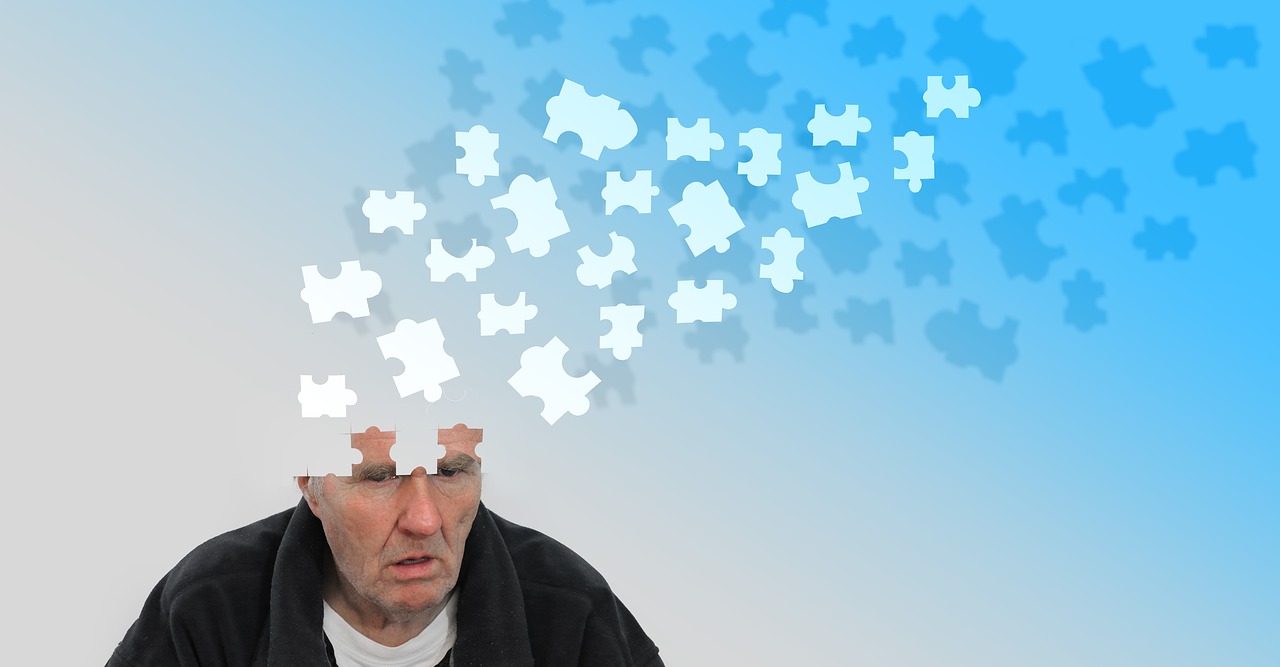Roar writer Scarlett Yu on groundbreaking research that could help defeat Alzheimer’s disease once and for all
Technological advancement has occurred at record pace in recent decades. New developments have seeped into every aspect of human life from communication, transport, healthcare, leisure and exercise. These changes persist and are irreversible because they make a meaningful improvement to people’s lives. The iPhone, designed by Apple, just got an update last month and it’s more popular than ever.
However, one area that can bring particularly dramatic improvements to people’s livelihoods is in the field of healthcare. Alzheimer’s is a neurodegenerative disease that results in the slow, but emotionally painful loss of a person’s memories. Recently, there have been breakthroughs that could help with early detection of the disease  Alzheimer’s is a severe chronic disease which has long plagued elderly people and proved heartbreaking to watch for their friends and relatives. About one out of every nine people over 65 will be affected by Alzheimer’s disease. It causes gradual memory loss and is one of the most common causes of death.
This tragic illness has caught the attention of Microsoft co-founder Bill Gates, whose father passed away from Alzheimer’s last year. He wrote on his blog in 2018 that Alzheimer’s being a stagnated phenomenon makes it difficult to research. He said “patients aren’t being tested for the disease until they start showing cognitive decline”. Put simply, patients already experiencing symptoms of Alzheimer’s, are often too far gone for medical professionals to correct the course. According to research, Alzheimer starts exerting its infectious impairment in the brain a decade before symptoms became discernible. Thus, as Gates suggested, the patient should start the treatment early in order to prevent falling through the stifling plight of dementia. But this begs the question, how do we detect Alzheimer’s early enough?
Over three years have passed since Bill Gates partnered with the Alzheimer’s Drug Discovery Foundation (ADDF), a group who are supporting projects that would detect Alzheimer’s and other neurodegenerative diseases early. Gates, along Amazon CEO Jeff Bezos and several others, have made considerable investments in the foundation’s Diagnostics Accelerator fund. In his blog, Gates hopes that “a real product for real patients” could soon bring the sufferings of Alzheimer to an end.
Excitingly, in his recent blog post, Gates has announced some impressive breakthroughs done through his partnership with ADDF. Firstly, researchers at the University of Gothenburg in Sweden have developed a blood test for Alzheimer’s. Moreover, Ophthalmologists at the University of Washington’s medical school found a way to link eye diseases with Alzheimer’s, allowing earlier detection.
As peculiar as that may sound, it could be a breakthrough. Basically, Dr. Cecilia Lee, one of the researchers, said the eye “is a direct extension to the central nervous system”. Therefore, she asserted, “it’s not such a far-fetched idea that the diseases you see in the eye may represent certain pathologies in the brain”. After 25 years of study and collecting data from over 3,900 participants, they discovered that people detected with eye diseases, such as glaucoma or macular degeneration had a higher chance of getting Alzheimer’s. This is a remarkable discovery, and with continued effort, their research could finally be applied to patient care.
Alzheimer’s is a nightmare for humanity, both for those who suffer from it or watch loved ones go through it. However, even in the midst of a global pandemic, progress is being made. I feel a sense of hope for the future, where people persevere to solve some of the most severe and problematic issues in human history.

















